Unholy alliance between Israel and Iraqi Kurdish separatists
Iraqi Kurds, long accused of covert and cozy ties with Zionist Israel are looking on with amazement as Israel defends allegedly hostile Arab countries. Normalization between Arab countries and Israel is changing geostrategic realities for them.
After the occupation of Palestine in 1948 and as Arab hostility toward constant Israeli aggression intensified, the occupying entity tried to reach out to non Arab communities in West Asia.
It found an opening with Iraqi Kurds who had a dream to separate from the central government in Baghdad.
Israel then sought to provide military support to Kurds who were fighting Saddam Hussein's military campaigns in the north throughout the 1980s and the 1990s.
In 2017 Israel backed a controversial independence referendum in northern Iraq, even as Erbil's allies, including the United States, opposed the vote.
Now as the Kurds watch several states normalizing relations with the region's historic foe, Israel, they feel eager to bring their relationship with Israeli intelligence and occupation forces out in the open, but they cannot do it on their own, they need Iraq to do so first since Baghdad manages foreign policy.
"If an Israeli embassy opens in Baghdad tomorrow, the day after an Israeli consulate will be opened in Erbil." This is what DRG officials openly say; however, the Iraqi resistance has a different opinion.
Regional media reported last week that an Israeli Mossad outpost came under attack in northern Iraq, Tuesday April 13, and that a senior Israeli intelligence agent was killed while several other Mossad agents were wounded.
Such incidents, along with the constant attacks against the US occupation forces in Erbil airport, put leaders of the DRG in a hot spot for not being able to keep their regions out of harm's way.
By supporting Kurdish separatism, Israel hopes to steer the region in a new direction, and by extension, encourage other ethnic and religious groups in the region to seek to emulate the Kurdish example.
By deliberately seeking to dismantle the existing multi ethnic, multicultural and multi religious nation states, Israel's quest to be recognized as a purely Jewish state would no longer be an aberration, or so it hopes.
But we already know that it is not going to happen as long as the region's resistance is alive and capable.
The Kurds are fond of saying that they have no friends but the mountains, yet one entity has pushed for their separation from both Iraq and Syria over many decades; Israel.
The relationship between the two has evolved to the point where Israel is the only voice in West Asia, encouraging, rather than decrying the Kurdistan separation from Iraq. Netanyahu first publicly voiced support for an independent Kurdish state in June 2014 as the threat of Daesh was rising.
However, that fallacy was blocked by the Iraqi resistance forces' elimination of Daesh, ridding the Kurdish of the threat, yet the Kurdish separatists still choose Israel over the resistance.
It is a very interesting that the leaders of Northern Iraq's Kurdistan Regional Government are always happy to receive Israeli support, given the international opposition to the Kurdish plans to separate from Iraq.
We have Kurdish leaders who could not openly celebrate their Israeli encouragement for fear of repercussions from the rest of Iraq who link aspirations for Kurdish independence with the ideology of Zionism itself which we have been seeing for the past 72 years.
In what ways do the Kurdish separatists believe Israel can actually benefit their demands?
It's the same delusion that many before the Kurds have fallen into and well here we're talking about a small minority that is requesting the support of an imperialist against its own region.
And we remember what happened to the indigenous tribes in Mexico when they sided, some of them, with the Spanish invaders against the Aztecs, and obviously the Spanish, as soon as (they) were done with the Aztecs eliminated and ethnically cleansed those indigenous small tribes.
And so it's an, it's a delusion, for any person to side with imperialist against the people of his region, his or her region and there's never been (an instance) in history that this ended well.
And it seems like the elite in the Kurdish people have not learned from history.
Laith Marouf, Political Commentator
Well, the Kurdish Regional Government released an official statement last week, on Wednesday denying certain reports that were present in the media, especially in the regional media, claiming that there were unknown forces that attacked a certain area, which is a Mossad facility, in the KRG and it killed Israelis in northern Iraq.
Now, at the same time we have attacks on US bases all across Iraq, especially those which are located in Kurdistan and now possible attacks against Mossad agents as well.
What will be the result of such constant upheaval in northern Iraq that was once actually safer than Baghdad?
You see the result will be continued fighting in the region as long as the Kurds do not reconciliate with their surrounding, with their brothers and cousins in Iran, in Turkey, in the Arabic world, they will continue to be played by imperialist and apartheid Israel for the goals of not achieving them peace or stability or independence, but to undermine their brothers and neighbours, that's the ultimate goal that apartheid Israel is working on, that's the ultimate goal of the United States involvement in Iraq and Syria, on the side of the Kurds.
It is not for their Betterment, it is for the detriment of everybody else around them, which means they will, also, their house will be burning down with their surroundings.
You know you look at what's happening in North Iraq right now with the ethnic cleansing of Ninawa of the Babylonian and Assyrian and Syrian Arab peoples of that region and after the invasion of ISIS of the Wahhabi contras, and how these Kurdish contras themselves, actually, instead of after the defeat of ISIS in that region, allowing the people of the indigenous populations of that region to come back, have taken it over, and included it in their fake news, new independent province or area of Iraq.
So we have now Kurds that are encroaching on the traditional lands of Semitic people Assyrian, Babylonian and Arab, and this will not end well.
Laith Marouf, Political Commentator
Well, this sort of covert relationship between both the Kurdish side and the Israeli side began when the Baath party was still in power between 1968 and 1975, whereby they shared Intel and the Israelis gave weapons to Kurdistan to fight off, at that time, Saddam Hussein.
Mostafa Barzani, the father of the current president of the KRG, Nechirvan Barzani, was leading a rebellion against the Iraq regime at the time.
Now Israeli security and intelligence agents help the Kurds with military assistance, and with arms.
How does Israel benefit from this relationship and how can they benefit from a disintegrated region?
You see the call of apartheid Israel in western Asian and North Africa, one of their main goals since the creation of Zionism is to cut off the rivers that feed the Arab people.
We are talking about the Euphrates and the Tigris and the Nile and so you look at how the relationship between apartheid Israel, Turkey and Ethiopia is very important in holding our people down, and as we've seen in Egypt, the situation is presently deteriorating.
Building this dam in Ethiopia will basically starve the people of Egypt. And here is the same thing happening in the Levant, the Turks built, you know 40 something dams on the Euphrates and the Tigris, and now the Kurds are coming to steal the lands that are part of the Fertile Crescent that fed the Arab and Semitic people for 40,000 years, you know the land between the two rivers.
So the aim here is to cut off the Arabic people from their ability to feed themselves because that's one of the things that have kept the Arab people, independent and able to resist imperialism and occupation for 20,000 years.
Laith Marouf, Political Commentator
Well, given the past 10 years of war against terrorism in the region waged by the resistance against imperialist powers who implanted hostile terrorists, Wahhabi funded insurgents, in the region, not to mention the ones funded by the west, especially in Iraq and in the areas controlled by the Kurds as well in northern Iraq.
They suffered a lot until the Iraqi resistance led by martyrs Abu Mahdi al-Muhandis and Qasem Soleimani went to help out, especially in Kirkuk and with the area under control of Daesh.
Why is it so hard for the leaders of the KRG to accept that and to take a firm stance, alongside the resistance, the Iraqi resistance, whom they share with the land, the sky, the nation, the pride?
Well, you know, unfortunate for the Kurdish people that they are cursed with such leadership that cannot even acknowledge a favour that was done to them and the saving of the Kurdish people in Iraq. From these Wahhabi contras that would have, you know, kidnapped and raped and held their children, women, and killed their men if they were able to show.
Well you know we know that the Kurdish people is different than their elites and their elite unfortunately are corrupted to the bone, where they're not, their care is not about protecting their people, it's about stealing as much money as possible through the looting of the Iraqi oil, now the Syrian oil also, and taking all the money that comes in from the west and the weapons and, you know, so you look at what's happening in Kurdistan, Iraq, and the disparity between this political elite and the people on the ground is huge.
And ultimately, the hope is that there will be new movements within the Kurdish people that will, you know, push these elites out that are collaborating with imperialists.
Laith Marouf, Political Commentator
Well, that remains to be seen as to how the region is actually beginning to look; like one which is waiting for fire to happen, or rather, diplomacy to work.
US bases in Iraq are being targeted, one after the other
Another military base hosting US troops in Iraq was targeted with drones carrying explosives on Wednesday morning.
President Joe Biden had assumed the strikes on Iraqi resistance soldiers inside Syria would deter such retaliatory attacks.
No casualties were reported in the attack on the airport in Erbil, which doubles as a base for US troops.
Before US occupation troops had recovered from the Erbil attack another attack had targeted the Ayn Al Assad base located in the Anbar governorate of western Iraq.
Renewed drone attacks on US targets in Iraq show that the Iraqi resistance is keen on ridding its nation of the US occupation as US pressure on the government in Baghdad is heaping while Biden seeks leverage over the Iraqi official decision to see the US leave their country once and for all.
Iraq, scarred by decades of US invasion, war and Western backed terrorism has been a strategic location for the US occupation to face off with its main foe, Iran, while making sure that the Iraqi popular choice of resistance, be suppressed.
The resumption of retaliatory attacks against US occupation bases in Iraq, shows that the Iraqi resistance are now abandoning de escalation and seeking leverage over their rivals.
It seems we're back to last year when for several months in 2020 rockets rained down on American sites once a week or more. However, this time it is not restricted to Anbar or Baghdad, but also in northern Iraq's Kurdistan region.
A drone dropped explosives targeting US occupation forces stationed at Erbil airport in northern Iraq late on Wednesday April 14 with no reports of casualties.
However, a separate rocket attack killed a Turkish soldier at a military base nearby.
It was the first known attack carried out by an unmanned aerial drone against US forces in Erbil amid a steady stream of rocket attacks on bases hosting US occupation forces and their embassy in Baghdad, which Washington blames on what it calls Iran backed militias.
The US still cannot fathom the thought that Iraqis have every right to defend their land, especially after their tragic history the American invasion, occupation, theft and embedding Takfiri terrorism.
Shortly before Wednesday's attack in Erbil at least two rockets landed on a base to the west of the city that hosts Turkish forces killing a Turkish soldier Turkey also has troops in Iraq, both as part of a NATO contingent and a force that has attacked Kurdish separatist militants in the north.
The Iraqi resistance had already expressed its opposition to the presence of the United States and Turkey, and demand a full withdrawal of all foreign troops, but since all their words went unheard. They sought a louder form of expression, which definitely got the attention of all foreign occupation forces in Iraq.
Iraqi resistance factions have upped the stakes with drone attacks against US occupation forces inside of Iraq, a technique which is actually favored elsewhere in West Asia and it seems to be affordable, yet very accurate and very effective.
Are we at a crossroad for the US illegal presence in Iraq or is this the storm before actual big explosion that might happen?
The Iraqi resistance has chosen a very strategic offensive against the US occupation. This choice is very accurate and it doesn't risk Iraqi civilian lives. These are through their own actions, or through a rough and disproportionate reaction from the US occupation.
It's enough headache and damage for the civilian Iraqis, that the Alliance are endangered by the US missile defense, Air missile defense system, that they use around the US Embassy in Baghdad, because usually, and it's not very, it's very often, actually that shrapnel from that missile defence system drops down on civilian houses and (causes) damages.
The Iraqi resistance is therefore slowly choking the occupation, and this will make them bleed to death.
A big explosion could occur if the Americans make a stupid mistake like for example a bigger operation against the resistance, but that doesn't seem to be in the planning, at least not openly.
I think the Americans would instead certainly prefer pushing the Iraqi security forces against the resistance, and thus, both having an internal fight and getting a pause from the attacks. Hopefully that won't happen.
Feras Ali, Political Commentator
Well, the US has been planning to leave Baghdad, especially the green zone in Baghdad, and move north towards Erbil away from the constant attacks by certain Iraqi groups that don't really name themselves or give a bit of a vague name for themselves yet, they now find themselves being attacked and people are following them up there and attacking them because they are not welcome in Iraq.
What are the US options when it comes to dealing with such specific drone attacks?
The Americans have only one option or let's make use of their favorite phrase, as we got to use it, although it was a long time that they use it themselves, they used to say that all options are on the table.
I think the Iraqi resistance are telling the Americans now, you have only one option on the table and that's leaving Iraq. It doesn't matter where in Iraq you move, we will follow you there.
If they don't leave Iraq they will have to face the consequences.
As we mentioned, we've seen in the region, and especially in the US back to Saudi war on Yemen, the US defence system can't protect the kingdom from this kind (of) Kamikazi drones, regardless of how expensive or state of the art they are.
This is actually making the Americans very irritated, expensive defence system cannot protect them against cheap, but effective drones, and the use of drones are probably even safer for the Iraqi resistance than missiles, because they can send them from a distance without the biggest security setup, and they don't leave any traces.
Feras Ali, Political Commentator
Well, politically, the US keeps poking at the Iraqi Government after every attack it faces inside of Iraqi territories, despite the fact that the Iraqi parliament considers the Iraqi resistance part of the Iraqi army since 2017.
And basically when the US targets the Iraqi resistance, it is basically targeting the Iraqi army itself, where does the Iraqi government stand on this very crucial matter?
Well, it seems that the interim government is trying to balance between the occupation and the request of the Parliament, which in fact is the wish of the Iraqi people.
The government is actually engaged in a dialogue with the representatives of the United States of America, in Iraq. They're talking about the withdrawl.
But regardless, the Iraqi people are receiving mixed signals, the interim government said that the troops will leave.
But spokesman for the occupation army says another thing. Sometimes they're talking about moving north to northern Iraq, and sometimes you can hear the Secretary General of NATO saying that they will replace the US occupation.
So it's hard to know who the honest guy here is in the room, but US forces have decreased in Iraq and that's a fact. But I don't think it's because of the dialogue. I think it's because of the security concerns they have amid the ongoing attacks.
Feras Ali, Political Commentator
We have seen once again that the Iraqi file is pressing the Biden administration to make some sort of firm stance towards its presence, its troops presence inside of Iraq, illegal presence inside of Iraq, but Biden seems preoccupied these days, maybe with internal affairs or rather with the Iranian JCPOA talks that are going on, or negotiations that are underway in Vienna as well.
Can it be that the Iraqi events are also tied, from an American point of view, are tied to the Iranian deal as it is being propagated by the Western mainstream media that propagates everything that goes on in the White House?
I personally don't think that. It's true that Iran has evolved into a regional power but it's farfetched to attach everything in the region to the Iranian nuclear file.
They say this every time there's an issue in the region, regardless of it, it's a bit about Lebanon, Yemen, or Iraq. But it's far from true, unlike the USA Iran have allies, which are connected to it, ideologically but they are very independent.
Those they're acting with this independence, and that's why the Iraqi file is not connected at all to the nuclear fire, the Iranian nuclear file, and the United States will sooner or later, realize that that they need to listen to the Iraqi people. And there's only one solution to the Iraqi file: leave Iraq, period.
Feras Ali, Political Commentator
There is one more file that the US has not used or maybe option that the US has not used against the Iraqi people which it had used against Yemen, Syria and against Lebanon, and that's sanctions.
Do you think that might be one of the options on the table and how do you think that would affect the internal economy and social fabric of Iraq?
Of course, that could be something that the United States will use as a B Card, as a plan B. And if they use it, it will be a very, it will be a disaster to the Iraqi economy and to the Iraqi nation because Iraq has already problems with the economy and the oil is not at that price that they used to have it before, so it could be the situation could become like it's in Syria, if they imply the sanctions.
Feras Ali, Political Commentator
So you think that is actually one of the options that would maybe bend the arms of the Iraqi government?
Definitely because when the United States of America is not able to reach its goals with military, military way, they go to the sanctions.
Feras Ali, Political Commentator
They resort to sanctions and that basically is what the Iraqi Government is afraid of but at the same time it shows that it is working against the benefit and the demands of the Iraqi resistance, and that was the fear mainly when I asked a lot of my Iraqi friends about it internally, they say that they fear for the future of the Iraqi resistance.
Do they have anything to really be afraid of?
I don't, I don't think that they need to be afraid of that, because, because before government came to power, the Iraqi prime minister and government of Abdulmahdi travelled to China, and they made an agreement with China to sell approximately 100,000 barrels of oil a day for China's investment in Iraq, and now, government is giving about 200,000, barrels of oil in a day in the New Deal they made with Jordan and Egypt. So Iraq, as was the case of Iran, they have a window to the east to China so they don't need to be afraid of the US sanctions.
Feras Ali, Political Commentator
Yet the Iraqi Government seems to be more than willing to abide by the demands of the Biden administration in fear that it might fall under certain sanctions or even more pressure, we still don't know what kind of pressure the US will be using, whether the economy administration or government in Iraq, or the targets that it might hit the Iraqi resistance, but the Iraqi resistance has shown so far that it is not silent, it has a loud voice, It will target any occupying force all across Iraq until their land is liberated.
US imposes visa bans on ex-EU commissioner, anti-disinformation activists
Iran rejects coercion, says no to inspection of damaged nuclear sites
Over 150 Iranian MPs condemn US 'maritime piracy' in Caribbean
Why Iran’s reverse engineering prowess is giving jitters to American war hawks
Iran condoles with Libya over death of army chief in plane crash
Palestine Action: 'Free the Hunger Strikers'
Ex-UK officers urge PM Starmer to impose full arms embargo on Israel
Pro-Palestine prisoners pause hunger strike, but vow to resume fight


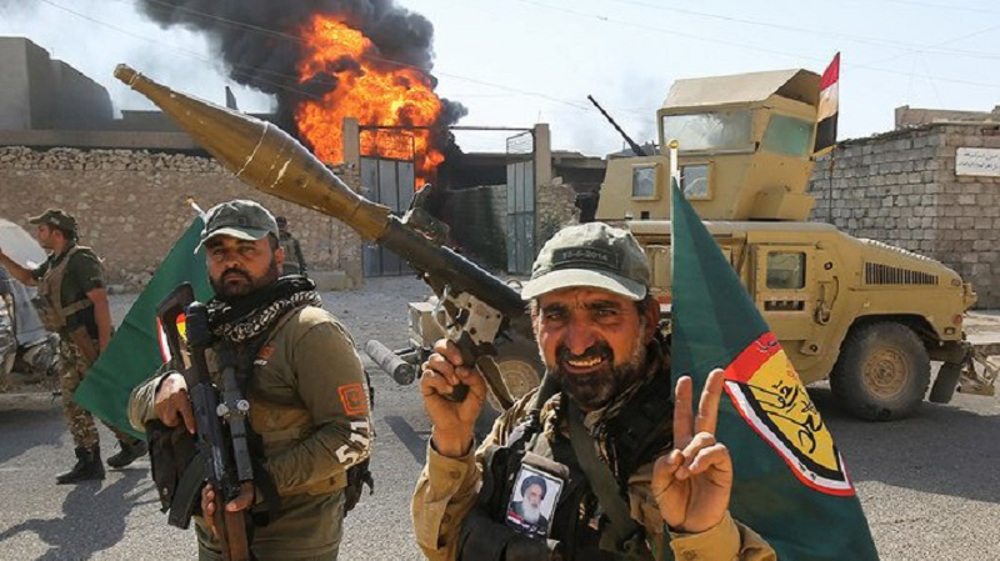
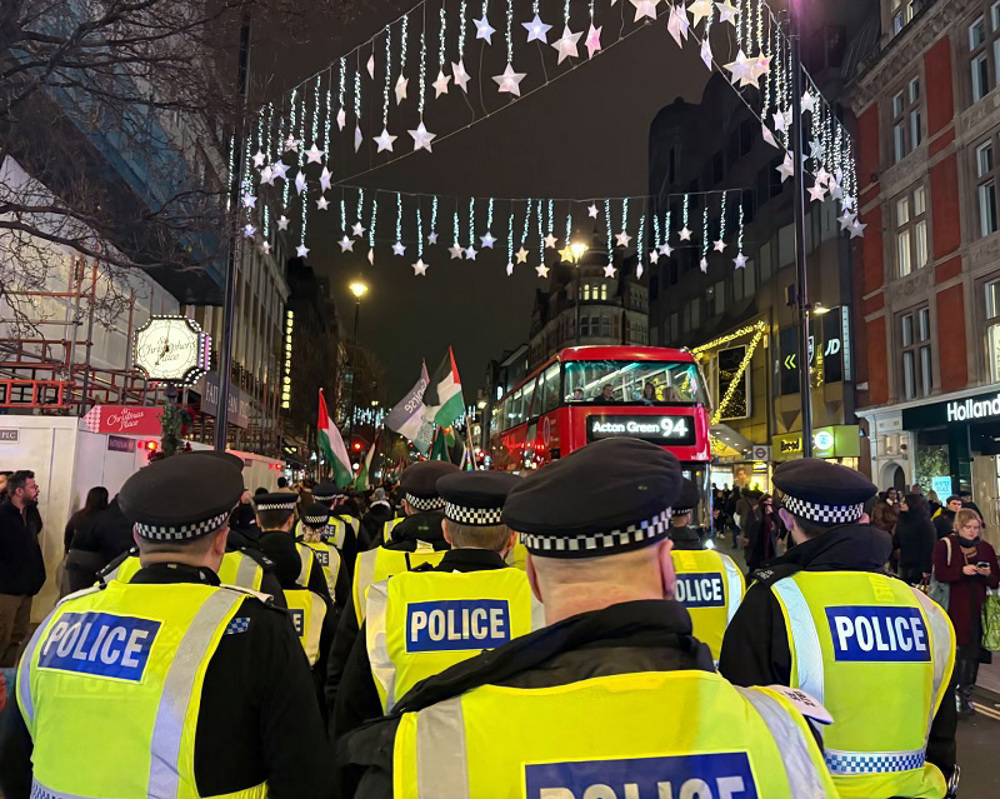
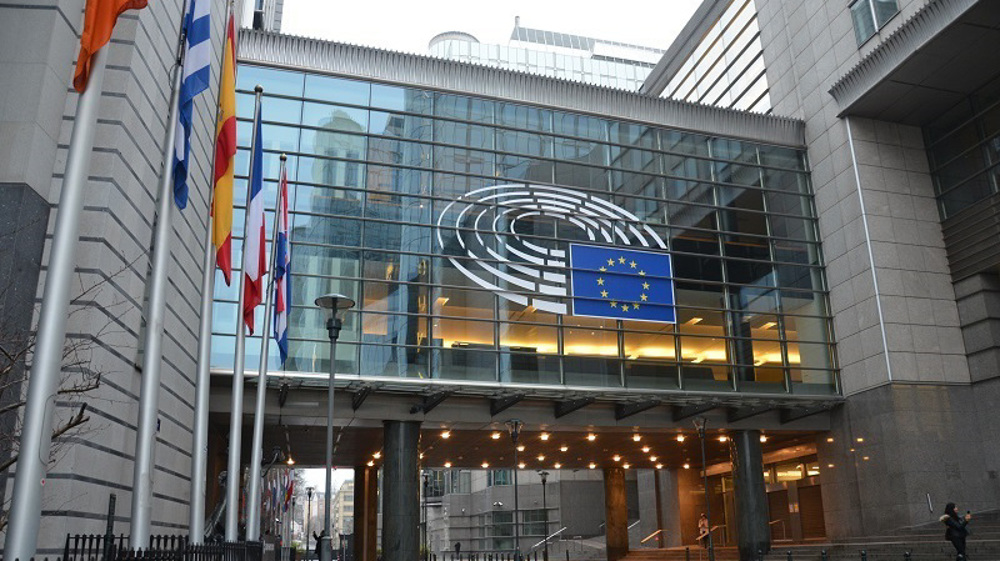




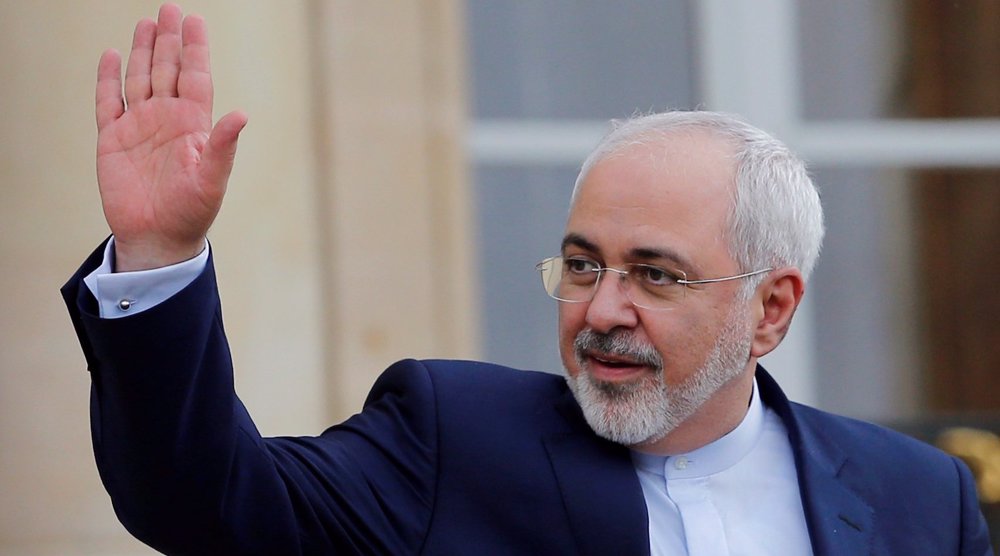
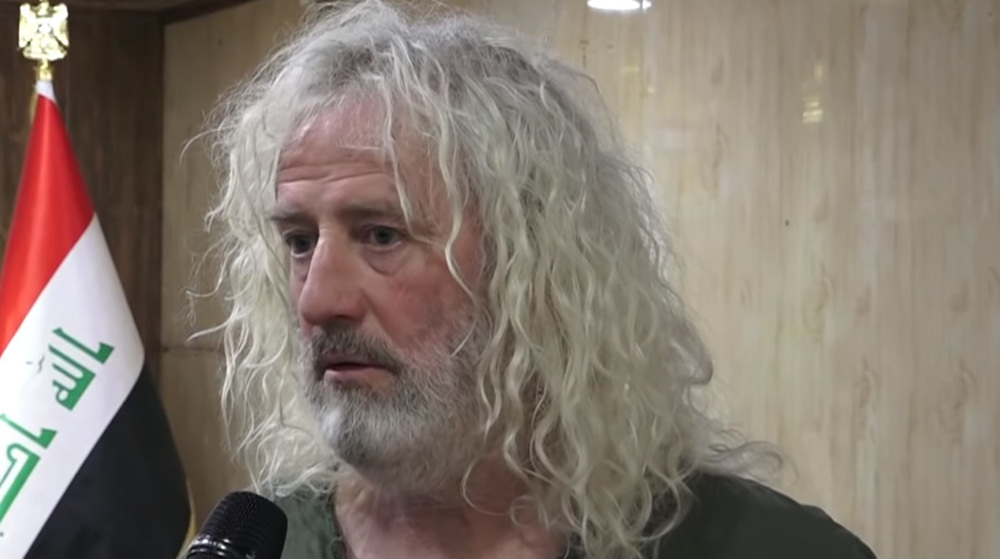
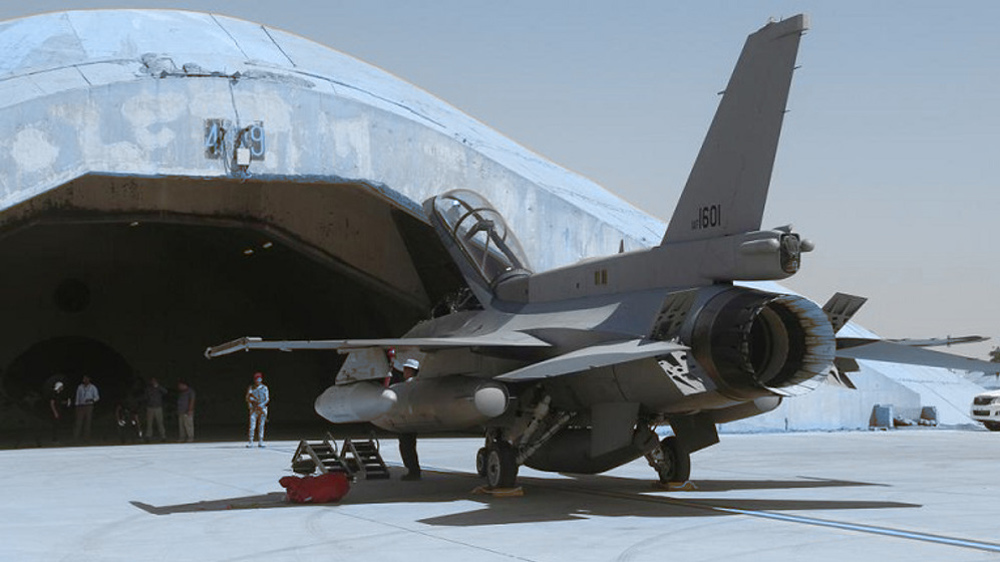
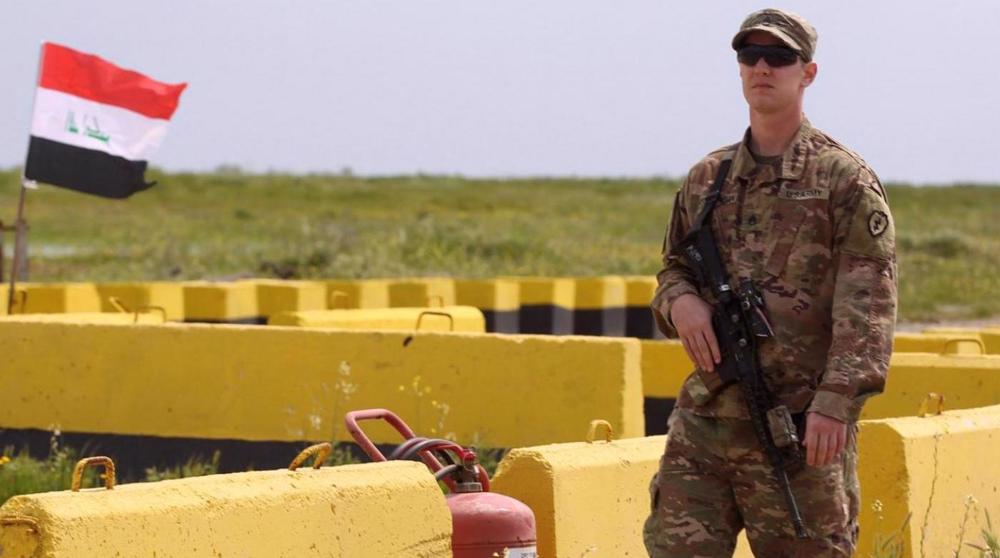
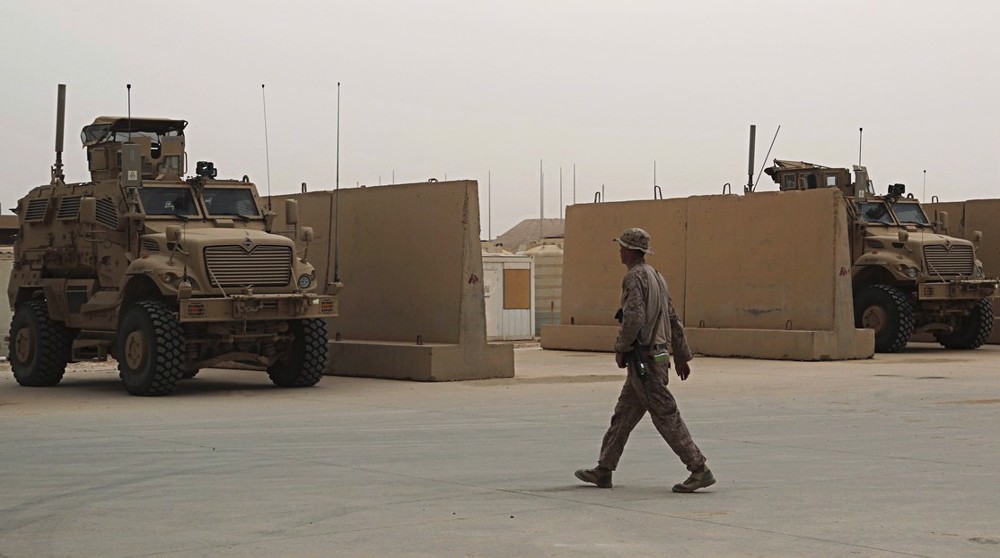
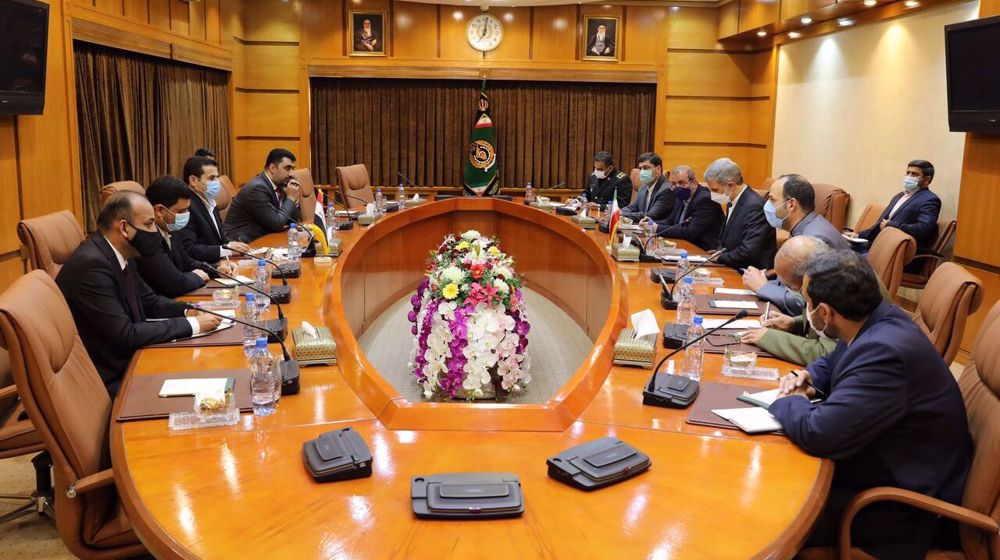
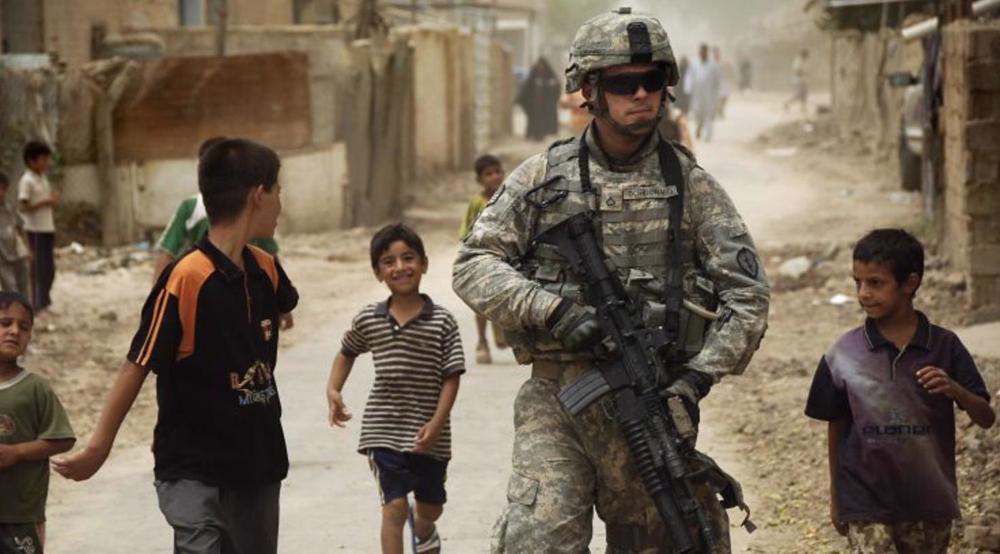
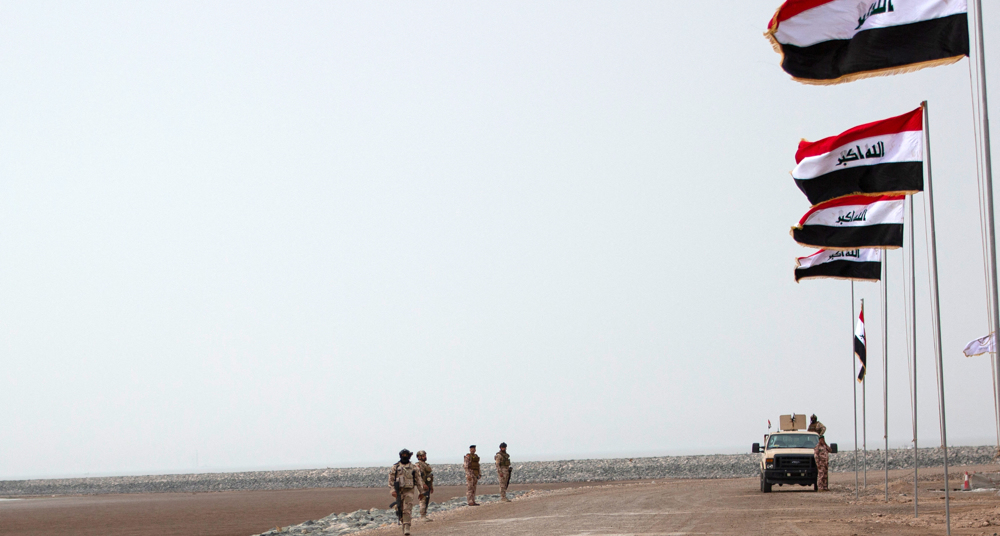
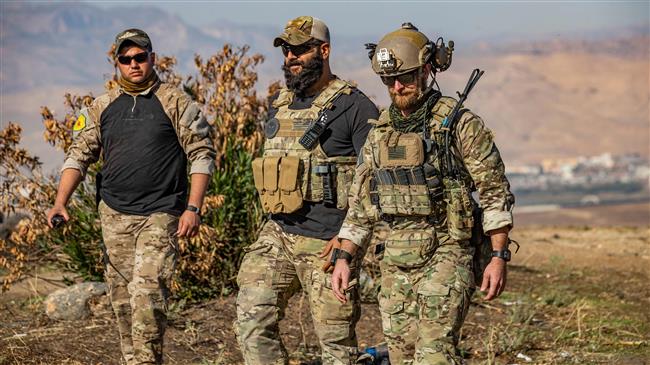


 This makes it easy to access the Press TV website
This makes it easy to access the Press TV website